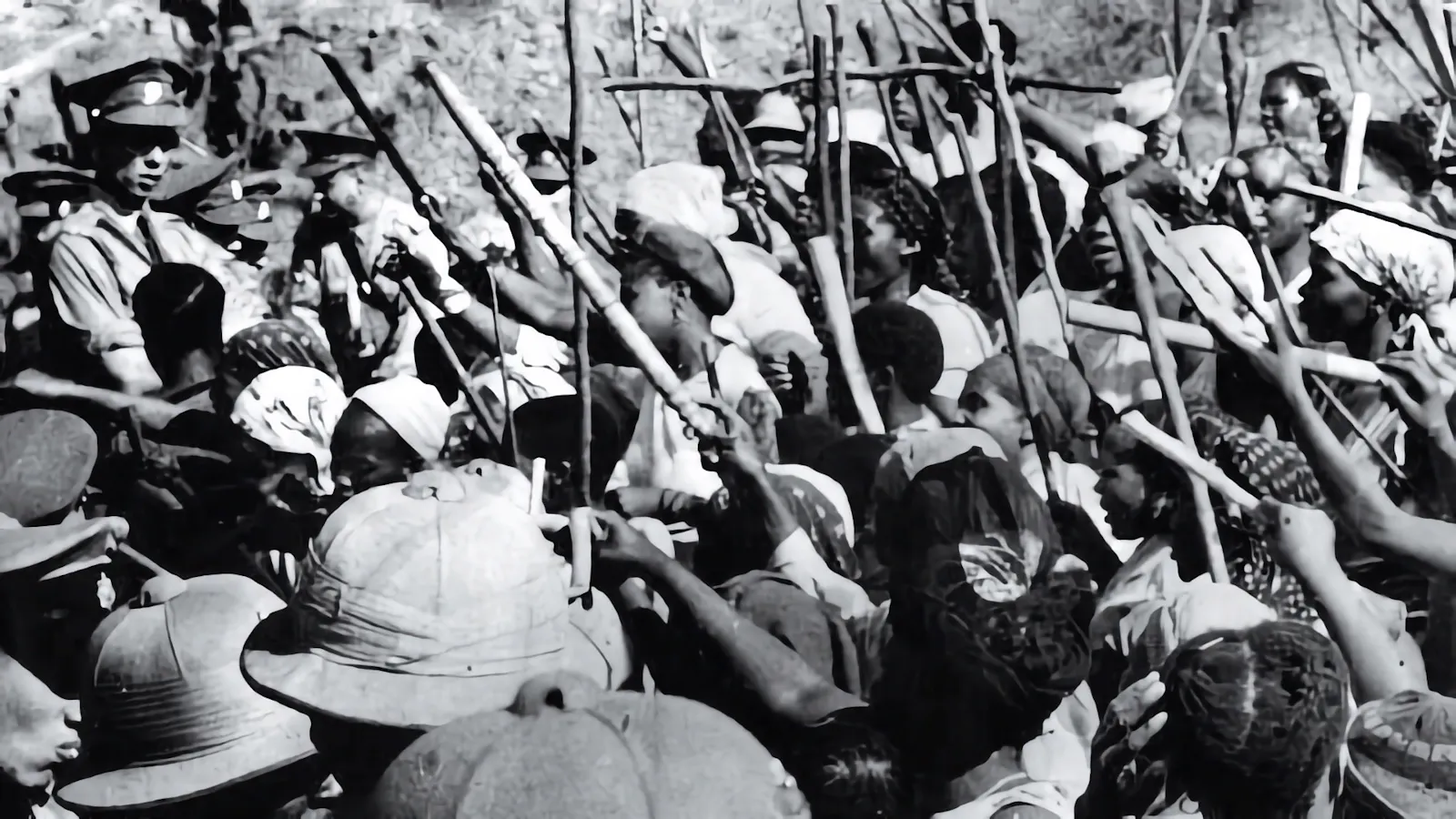Former US President Donald Trump Shot But Escapes Assassination Attempt
The Aba Women’s Riots of 1929 was a period of unrest in Nigeria during their colonial era under British rule. The protest started around November 1929. The protests broke out after thousands of Igbo women from the Bende District, Umuahia and other places in southeastern Nigeria traveled to the town of Oloko to protest against the Warrant Chiefs, whom they accused of restricting the role of women in the government. The protest included women from six different ethnic groups (Igbo, Ibibio, Andoni, Ogoni, Efik, and Ijaw).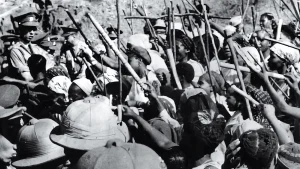
On January 1, 1914, after almagamating the Southern and Northern protectorates of the colony, the British government, led by Lord Frederick Lugard introduced the system of Indirect rule in Nigeria. And as a result, ‘Warrant Chiefs’, who were indigenous Igbo rulers, were appointed to oversee the colonies on behalf of the British colonial masters. 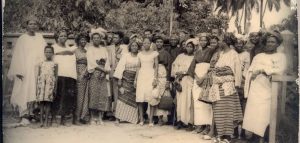
But unfortunately, a few years after being appointed, the warrant chiefs who were embedded with local authority started becoming exploitative and oppressive.
They started imposing series of policies and regulations to the detriment of the local populace for their own personal gains and interests. They were also involved in the seizing of private and personal properties and imprisoned anyone who dared to openly criticise them. 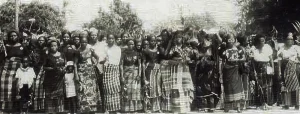
The last straw that broke the camel’s back which led to the immediate break out of the protest was the imposing of special taxes on Igbo market women.
These market women were in charge of supplying the food to the growing urban populations in Calabar, Owerri, and other Nigerian cities. They knew taxes would drive many of the market women out of business and seriously affect the supply of food and non-perishable goods available to the local people. 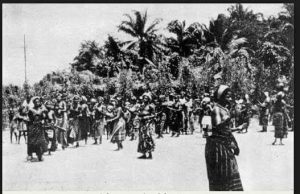
The Protest was therefore organised and led by the rural women of Owerri and Calabar provinces. During the incidences, many Warrant Chiefs were forced to resign their duties. The women attacked European owned stores and the Barclays Bank, breaking nto prisons and releasing prisoners. They also attacked Native Courts run by colonial officials, burning many of them to the ground. Colonial Police and troops had to be called in. The colonial police fired into the crowds that had gathered at Owerri and Calabar, killing more than 50 women and wounding over 50 others. Throughout the duration of the protests, over 25,000 Igbo women were involved in the riot against the British colonial rule.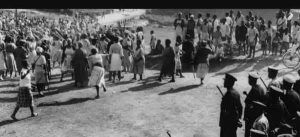
After being pressurised by the incessant protests, In 1930 the colonial government abolished the system of warrant chieftains, and appointed women to be in charge of the Native Court system.
The Aba Women’s Riot stopped the initial plan of the British colonial authority to impose special taxes on the Igbo market women and restrict the power of the local warrant chiefs. 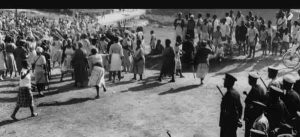
The Aba women’s Riot was considered the first major revolt led by women to challenge the British colonial authority in West Africa.


